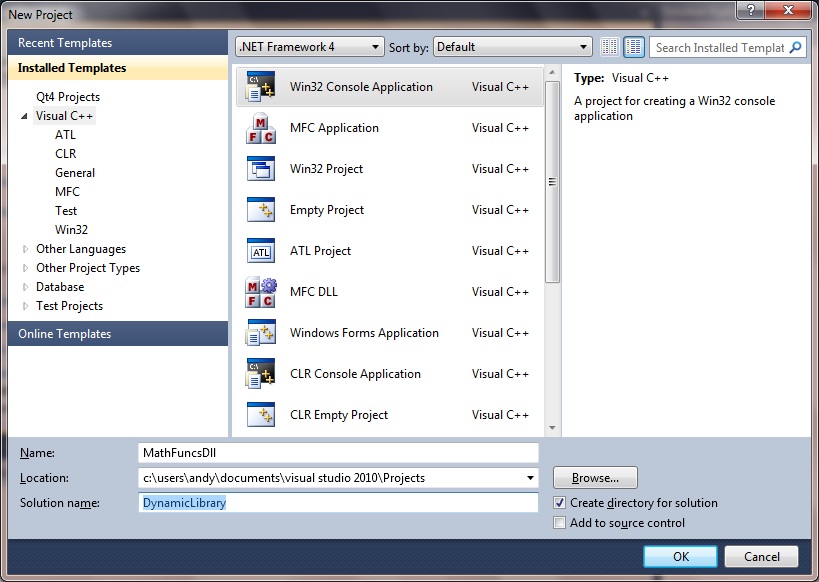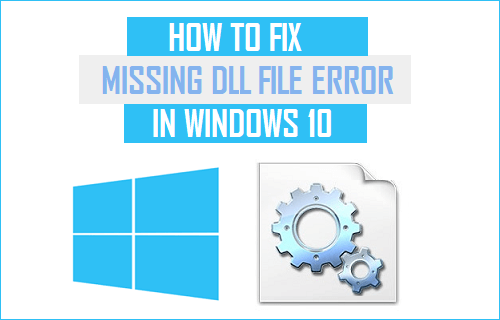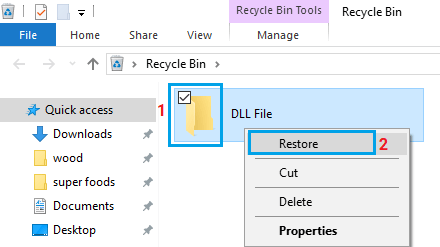
- WHERE TO PUT .DLL FILES INSTALL
- WHERE TO PUT .DLL FILES UPDATE
- WHERE TO PUT .DLL FILES WINDOWS 10
- WHERE TO PUT .DLL FILES WINDOWS
WHERE TO PUT .DLL FILES WINDOWS
Once the dotPeek or any other decompiler program has been installed to your Windows operating system, open it up.
WHERE TO PUT .DLL FILES INSTALL
Step 5: Click the "Next" button and then click "Finish" to confirm your restore point.Īt this point, your computer will reboot normally and boot up with restored version of Windows, and opennetstream.dll error should be resolved.DotPeek is a popular free decompiler program that you need to download and install at first to open DLL files at ease. Keep in mind that you need to select a recovery point that will restore Windows to the date when the opennetstream.dll error message did not appear. Step 4: Select a date to restore Windows 10. Check the “Show more restore points” checkbox to see a complete list of dates. If so, select this option and click Next.  Step 3: The “System Restore” window may include the “Choose a different restore point” option.
Step 3: The “System Restore” window may include the “Choose a different restore point” option. 
It will open the system recovery utility.
Step 2: Type rstrui in the Run text box and click OK or hit Enter. Step 1: Press the Win + R keys combination to launch Run dialog. Please follow the steps below to roll back Windows using System Restore and get rid of opennetstream.dll error. Thus, restoring Windows to an earlier date cancels changes made to system files. Using the "System Restore" function, you can choose restore Windows to the date when the opennetstream.dll file was not damaged. System Restore is very useful when you want to fix opennetstream.dll error. When finished, close the command prompt and restart the computer as usual. This operation will take a while and it is important to wait until it is complete. WHERE TO PUT .DLL FILES WINDOWS 10
Once in Command Prompt type the following command: sfc /scannow /offbootdir=C:\ /offwindir=C:\Windows where C is the partition with the installed operating system, and C: \ Windows is the path to the Windows 10 folder.

After that, go to “Troubleshooting” > “Advanced Settings” > “Command Prompt”. On the installation screen select your preferred language and then select “System Restore”. You can also boot from the installation disk or bootable USB flash drive with the Windows 10 distribution.
WHERE TO PUT .DLL FILES UPDATE
In Windows 10, you can press Win key, select Settings > Update & security > Recovery and under Advanced Startup, click Restart now. You can get into Windows Recovery Environment from the login screen, by clicking Shutdown, then holding down the Shift key while selecting Restart. To fix these files you have to run SFC command through the command prompt in the Windows recovery environment. Keep in mind that System File Checker (SFC) cannot fix integrity errors for those system files that are currently being used by operating system. Once operation is complete you will get the message “Windows Resource Protection found corrupt files and successfully repaired them.” or “Windows Resource Protection found corrupt files but was unable to fix some of them”. It will take a while, so please be patient.
Step 2: Type sfc / scannow while in Command Prompt and hit Enter.Īfter entering the command, a system check will begin. Alternatively, you can press Win + X key combination which will open the menu where you can select Command Prompt (Admin). :max_bytes(150000):strip_icc()/001_how-to-restore-a-missing-directx-dll-file-2624516-ef39d159508e4d718ae8bd0020997225.jpg) Step 1: Start the command line as an administrator in Windows by pressing Win key on your keyboard and typing "Command Prompt" in the search field, then - right-click on the result and select Run as administrator. To execute this command, you have to run command prompt as administrator. Many users are familiar with the sfc / scannow system file integrity check command, which automatically checks and fixes protected Windows system files.
Step 1: Start the command line as an administrator in Windows by pressing Win key on your keyboard and typing "Command Prompt" in the search field, then - right-click on the result and select Run as administrator. To execute this command, you have to run command prompt as administrator. Many users are familiar with the sfc / scannow system file integrity check command, which automatically checks and fixes protected Windows system files.





:max_bytes(150000):strip_icc()/001_how-to-restore-a-missing-directx-dll-file-2624516-ef39d159508e4d718ae8bd0020997225.jpg)


 0 kommentar(er)
0 kommentar(er)
